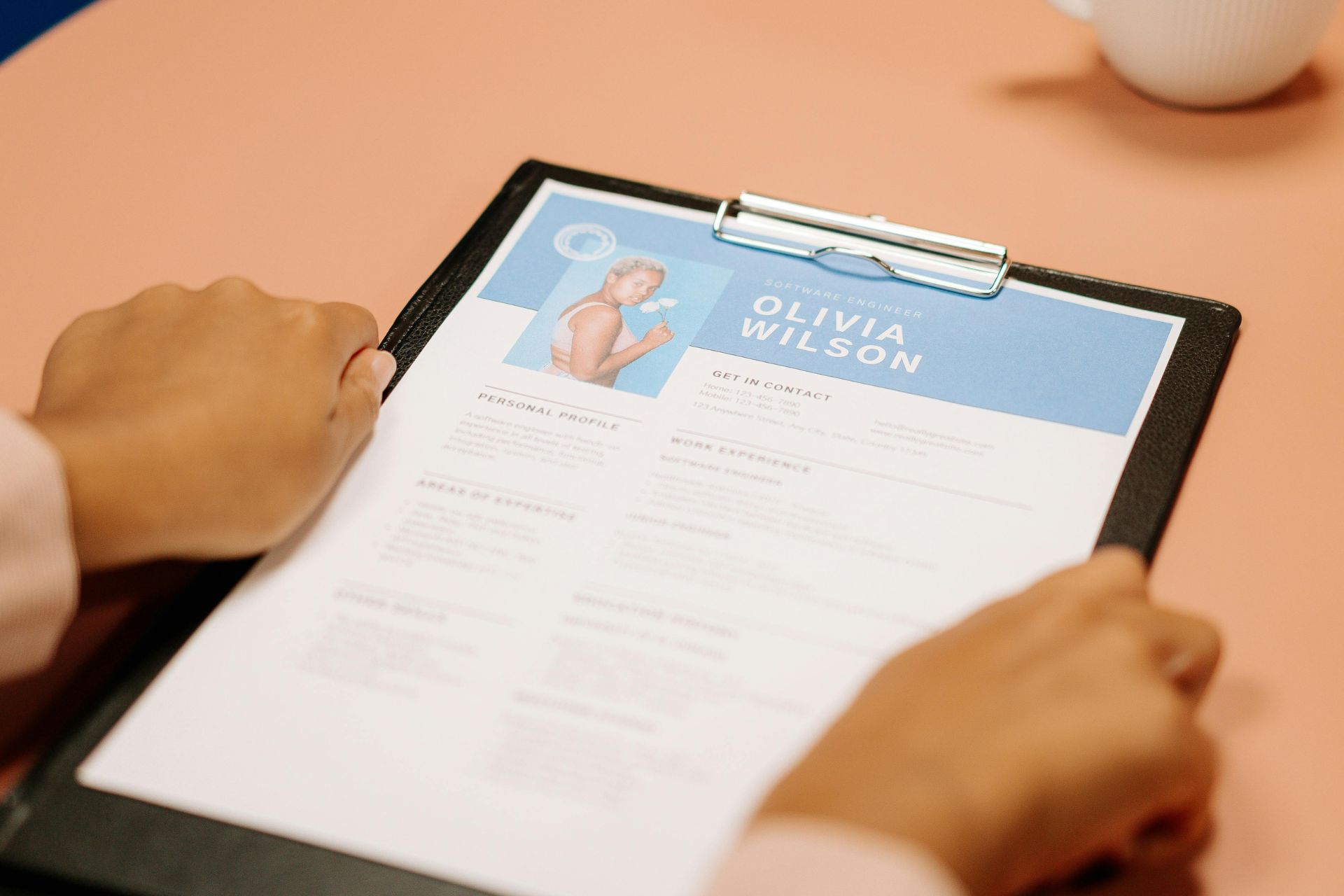Getting Your CV and Cover Letter Right

How to nail your CV and cover letter
So, you have finally found your dream job. It is even better than being paid to taste chocolate or scout underwear models… this is the kind of role you daydream about.
And there it is – the job ad from a company you’ve long admired, and the best part is, you tick every box on their criteria list. But the real challenge begins now: how do you grab their attention and land that all-important interview?
Here are some top tips for mastering the art of writing a strong CV and cover letter.
DO – Make it snappy
Both your CV and cover letter should be concise and to the point. Your cover letter should fit neatly on a single page, and your CV should only run to a few pages. This means you’ll need to be selective, focusing only on the most relevant and impressive information that shows you’re the right person for the job.
DON’T – Be a secret squirrel
Think of your CV as your personal marketing brochure. Just like a travel brochure makes a destination look irresistible, your resume should present you as an attractive candidate. It’s not just about what you say, but how you say it. Poor spelling, awkward sentence structure, and grammar mistakes can make you come across as careless or underqualified. Ask a trusted friend to review it for you and give honest feedback on whether you’re showcasing yourself effectively.
DO – Show you are well-rounded
It’s important to include more than just work experience. Volunteering, hobbies, and interests can offer valuable insight into your personality and soft skills. For example, if you play team sports, it suggests you’re likely to be a good team player at work too. Also, mention things like professional memberships, language skills, or any awards you’ve received – these all help paint a fuller picture of who you are.
DON’T – Include details you don’t have to
There’s no longer any need to list personal information like your gender, age, marital status, religion, ethnicity, or health. Including these details can make your CV look outdated, and most of the time, they’re irrelevant to your ability to do the job. If one of these factors is genuinely relevant and the employer is legally permitted to consider it, you can briefly mention it in your cover letter instead.
DO – Keep it relevant
If you’ve been working for a while, there's no need to list every job you’ve ever had. Just include the job title, company, and dates for older or less relevant roles. Focus on highlighting the experience that directly applies to the position you're applying for, even if that experience is from further back.
For those with a long work history, a useful approach is to list only jobs from the year 2000 onwards, unless an earlier role is particularly relevant.
When it comes to education, start with your highest qualification and leave out high school details if you’ve completed further study. In most cases, employers are more interested in your experience than your academic history, so place your education section after your work experience – unless you’re a recent graduate or applying for a role where education is the key focus.

